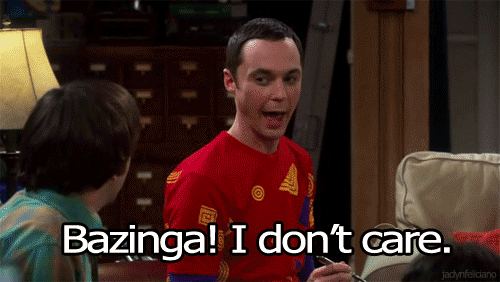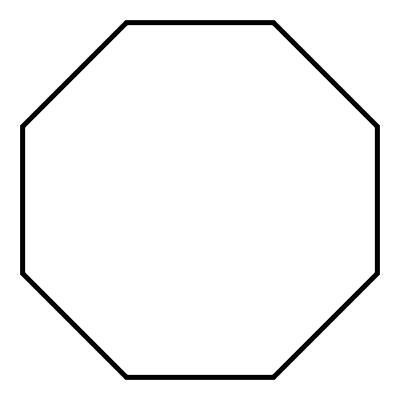Your story is your baby. It's the truth.
We spend hours upon hours crafting them and then, if fear doesn't get in the way, release in some form for the world to see. How we do this, or our own reaction to lack or all received feedback depends on who we are and the experience we have in this field.
What also depends is whether or not we approach people and ask them to read our story. Some of us will do this, but others won't (I'm one of the won't). We say something that we probably shouldn't...therefore I have compiled a list of invalid statements made by authors:
"Well, I read yours so you HAVE to read mine."

A common expectation among us. This is one I have heard often. An argument can be made that it's polite to read readers fan fiction...I will even go as far as saying that if you asked someone to read yours...and they want you to read theirs in return, it's probably a good idea to do it (but as I shall emphasize soon, the choice is up to you). The motivation of reading a story, fan fiction or not, is important. Why do you pick out a book at a library or book store? A friends recommendation? Did you find the synopsis online and find it intriguing? What about this...were you guilted into reading it? (<- requiring to read it for school doesn't count!) Chances are you weren't and if you were...I would suggest not allowing yourself to be guilted into doing so. You, most likely, picked it up because you thought it was interesting. You read it because in the end, YOU wanted to. This is especially important if a reader approaches you and uses this to guilt you into reading their story...when you never asked the reader to read yours. I'm going to emphasize this: You have no obligation to read someone else's story. If you choose to because you want to, then that's different
"You HAVE to read it because I worked so hard on it!"
Not a valid reason. Period. We all work hard on our stories, and as previously said, guilting a person into reading your story is wrong. Authors don't go to publishers and say, "I worked hard on this. You HAVE to publish it." I'm pretty sure the publisher would roll their eyes and point to the door. They pick stories based on talent and potential. There's also different definitions of hard work, we all define it differently. In my opinion, hard work requires working on your story, and finding your weaknesses and working on them until they are no longer...well weaknesses. But like I said, we're all different.
"No one likes it. I want you to read it...but don't be honest, and rave about it!"

People often take negative reviews...negatively. I'm not speaking of trolls, or people who find pleasure in writing bad things about everyone's stories. I'm speaking of critiques, even people who say "It was okay," or "Didn't really like it." If you're using that as an excuse to force positive reviews, then you're looking at the purpose those reviews in a improper way. The point of negative reviews is to find weaknesses and work them out. Believe it or not, there are some authors out there who believe that every single piece of work they write is flawless. If you believe that, then here's a piece of advice: Stop. You're damaging yourself. Eight times out of time a person who believes it is either cocky, or has low self-confidence. The rest of it is most likely reviews people with little expertise in the structure and fundamentals of writing or those who just want to be entertained. Every story has issues, and if reviewed properly, every person will find some. Take a step back for a moment and take a deep breath. It's a lot to take in, and i'm very honest. I won't even be offended if you stop. I'll give you two examples.
Horizon is my fan fiction. Yes. I'm using it as an example. The main character is weak, the dragons aren't a massive part of the plot line which is wrong, some of the conflict solutions are just...a head shaker, and that's the tip of the iceberg. By understanding that there is always something wrong with every story, I am able to catch my flaws and work them out. Here, the big one is I didn't brainstorm or draft a plan for the story before writing...which I won't do again until I've published a few novels and have run out of ideas. But that doesn't mean it's all negative. The plot line is decent, unpredictable and different. Most of the characterization of the HTTYD characters is on the dot, and the idea is unique for the most part.
The second example is the Divergent series. The character is a stock cliché character, the plotline is predictable, the writing style is...really bad, and i'm only at the top of the iceberg.. The best part was Peter's believable character development, and the ending of Allegaint because it concluded an important theme running throughout all three books...and of course, Four ;)
A few more things, if someone gives you a short review that has little constructive criticism, if there's anyway to contact them via email or private message do it. Find out the specifics. Question them until their eyes and fingers bleed. But don't do that until you come to terms with the fact that ever story has flaws somewhere.
And while there's always some flaws in your story, there will always be highlights.
In conclusion...
Bottom line, don't be guilted into reading something you don't want to. And stop guilting people into reading your stuff. Focus your time on improving instead, ask people who know what their talking about for an honest opinion. And please...don't justify what you wrote when you ask for a review...and you don't like what they said.
























